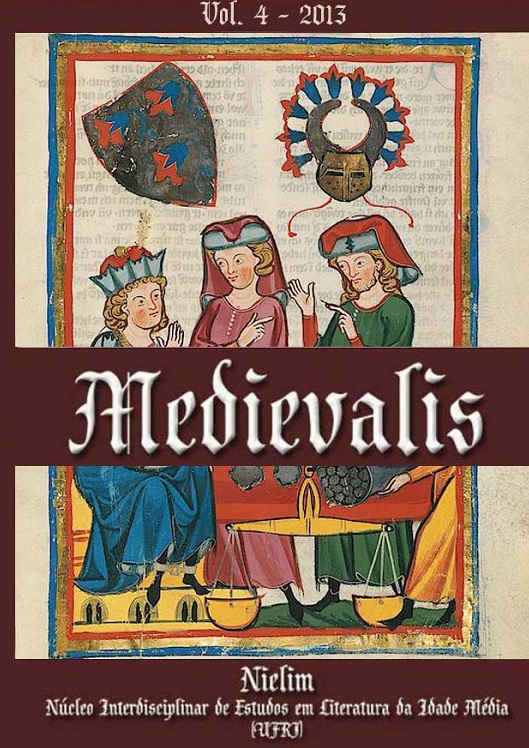O muro que cerca é o mesmo que liberta
DOI:
https://doi.org/10.55702/medievalis.v2i2.44228Schlagworte:
Fortificações, História Militar, Idade MédiaAbstract
Resumo: A proposta do presente texto é trabalhar, utilizando alguns aspectos dametodologia da história comparada, a questão das muralhas urbanas nas cidades gregas
e medievais. Estas não seriam apenas uma forma física de garantir a liberdade coletiva e
individual dos moradores das cidades, mas teriam também uma função simbólica,
ultrapassando seus aspectos meramente utilitários, para compor uma forma de pensar
que se prolonga ao longo de séculos. Desta forma, as muralhas, que até podiam não ter
uma importância defensiva tão grande em partes do mundo antigo, eram um
componente vital na criação de um sentimento de segurança, que por sua vez era
indispensável, mas não a condição única, para a manutenção das liberdades e privilégios
urbanos, conforme se observa na Grécia clássica e em algumas regiões europeias na
Idade Média.
Palavras-chave: Fortificações, História Militar, Idade Média.
Abstract: This text proposes to discuss some aspects of the existence of city walls in Greek
and Mediaeval cities, using some points taken from the comparative history methodolo
gy. In this sense, the walls wouldn’t be only a physical way of guaranteeing the individ
ual and collective liberty of the city dwellers, but would also have a symbolic purpose,
surpassing its merely utilitarian aspects, to become the support of a way of thinking that
would endure centuries. City walls, even if did not have a so big defensive relevance in
parts of the Ancient World, were a vital component in the creation and nurturing of a
feeling of security which, although not being the only condition, was indispensable to be maintenance of urban liberties and privileges, as it can be seen in Classical Greece
and in some European regions during the Middle ages.
Keywords: Fortifications, Military History, Middle Ages.
Downloads
Veröffentlicht
2015-08-18
Ausgabe
Rubrik
Artigos

